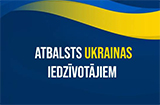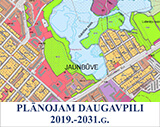An urban development hackathon took place on March 19th and 26th at the Daugavpils Culture Palace, where local citizens had the opportunity to create and present ideas for the development of Jaunās Forštates Park.
City news
To make winter activities accessible to all city residents, the Daugavpils City Government has purchased three special sleds suitable for winter fun for people with special needs within the framework of the SnowPower project.
Since last year, various educational activities have been taking place within the framework of the INTERREG Baltic Sea Region Programme 2021-2027 project "Baltic Approaches to Handling Plastic Pollution under a Circular Economy Context" BALTIPLAST / No.#C021, implemented by Daugavpils City Municipality.
During the period 15-16 of October 2024, Daugavpils City Government and all the project partners, the URBACT Lead Expert and a representative of the URBACT Secretariat visited the Municipality of Dobrich in the frame of the 3rd Core Meeting of Re-Gen. The event started at the premises of the host with official welcoming by the Vice Mayor of Dobrich Municipality and the City Council Member, Head of the Standing Committee on Sport, Education and Youth activities.
Interreg VI-A Latvia–Lithuania Programme 2021–2027 project “Sustainable cross border cooperation for winter tourism development” SnowPower, No. LL-00123, implemented by Daugavpils City Government together with Visaginas Municipality (Lithuania), provides a series of activities to strengthen the capacity of tourism professionals.
From 31st May to 1st June, Daugavpils hosted the second core meeting of the international partners of the URBACT project "Public space regeneration through integrated urban sports hubs for the participation of young citizens" (Re-Gen).
Since November last year, the European Union INTERREG Baltic Sea Region Programme 2021-2027 project "Baltic Approaches to Handling Plastic Pollution under a Circular Economy Context" BALTIPLAST / #C021 that is being implemented by Daugavpils city municipality has been running various activities in schools in Daugavpils.
The Verona municipality (Italy) hosted the first face-to-face meeting of the European territorial cooperation program "URBACT IV" project "Public space regeneration through integrated urban sports hubs for the participation of young citizens" (acronym: Re-Gen) partners from Daugavpils (Latvia), Albacete (Spain), Vila du Conde (Portugal), Pula (Croatia), Dobrich (Bulgaria), Milan (Italy) on November 28th – 29th, for the purpose of international exchange of experience to promote sustainable urban development.
Pēc 15. decembra Daugavpilī sāks darboties Komunālās saimniecības pārvaldes organizētie Ziemassvētku eglīšu tirdziņi.
On 24th November this year, municipal employees had the opportunity to participate in a seminar on waste sorting and management in Daugavpils municipality, as well as in the entire Latgale region.
On October 5 and 6, H.E. Mr. Tang Songgen, Ambassador Extraordinary and Plenipotentiary of the People's Republic of China to the Republic of Latvia, paid an official visit to Daugavpils. During the two-day visit, the delegation met with the management of the Daugavpils City Government and visited several objects which are important in the context of international communication.
From 18th September to 8th October the European Sustainable Development Week 2023 (ESDW) takes place in Latvia and across Europe. During this event Daugavpils Development Department, in cooperation with the Education Department, AADSO Ltd and the Latgale Zoo, organised an event for pupils in grades 6th-7th. Event took place in the premises of Daugavpils Innovation Centre.
European territorial cooperation program "URBACT IV" expert, Raffaella Lioce, from Italy, visited Daugavpils on September 18th-19th to find out more about the Daugavpils urban environment and to get prepared for the project "Public space regeneration through integrated urban sports hubs for the participation of young citizens" (acronym: Re-Gen) next phase
From 18th September to 8th October, the European Sustainable Development Week 2023 (ESDW) will take place in Latvia and across Europe. It aims to promote international knowledge exchange and the sharing of the examples of good practices.
Do you want to know all the secrets of Engineering Arsenal? Explore what is hidden from the eyes of other visitors? To inspect closed eastern building?
The traditional festival “GOSTŪS LATGOLĀ” will be held for the third time in Daugavpils on 29th July. “GOSTŪS LATGOLĀ” is a festival of Latgale's hospitality, culture and traditions.
Daugavpils City Municipality together with the lead partner Hamburg University of Applied Sciences (Germany) within the European Union INTERREG Baltic Sea Region Programme 2021-2027 has launched the project "Baltic Approaches to Handling Plastic Pollution under a Circular Economy Context" BALTIPLAST / #C021.
IMPLEMENTATION OF THE PROJECT “SMARTGREEN”
18.05.2023
Daugavpils City Municipality has started the implementation of a project “GREEN ENERGY FOR SMART CITIES”, No. PA-GRO-1575. Project is financed by Nordic and Baltic Mobility Programme for Public Administration. The purpose of the programme is to promote and strengthen cooperation, exchange of knowledge, and networking between public administration structures on all administrative levels in the Nordic-Baltic Region.
The season of active tourism will be opened in Daugavpils with a bicycle ride at the end of April. On April 29 at 11 a.m. a bike ride along the city streets and promenades with a city guide will begin. Daugavpils City Municipality Tourism Development and Information Agency invites everyone who loves active lifestyle to participate in this event, that is organised in cooperation with the tourist club “Sniegpulkstenīte”.
Center of Technology and Industrial Design «Arsenal of Engineers» is pleased to announce, that we are ready to open our doors! A rich and bright opening is scheduled for 5th of May – entrance from 19:00! With a hot continuation on 6th of May with «AutoFest 2023» festival!
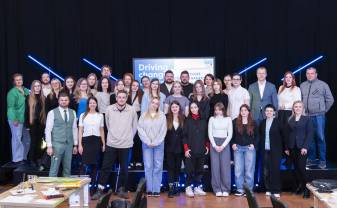
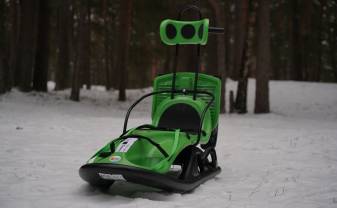
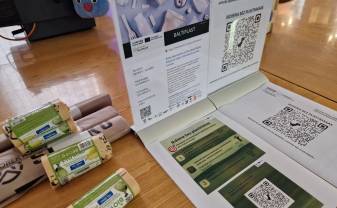
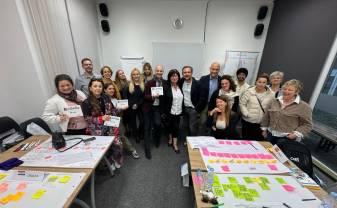
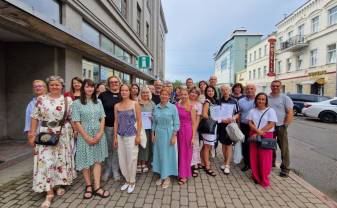
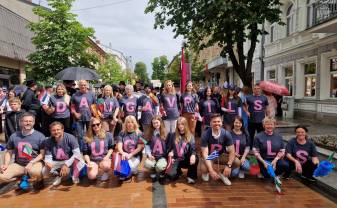
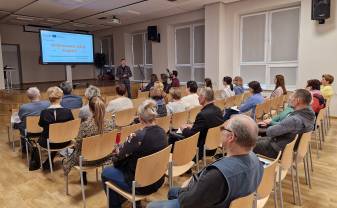
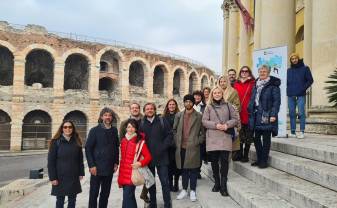
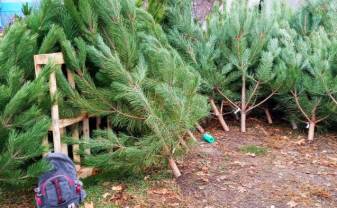

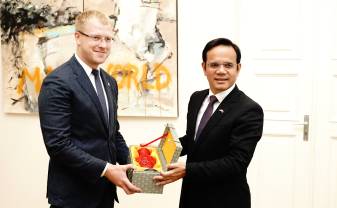
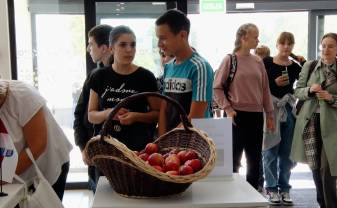
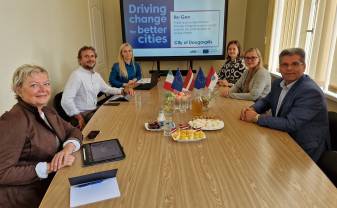
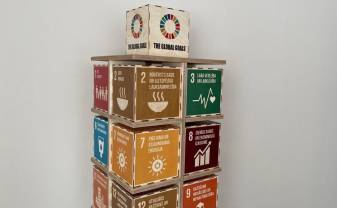
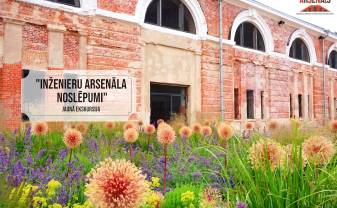
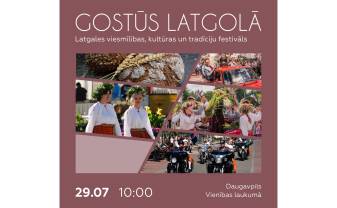
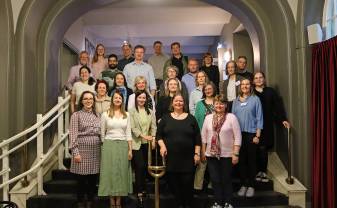
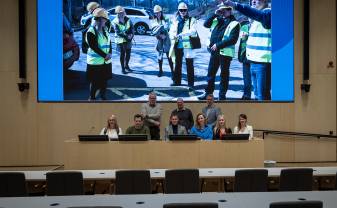
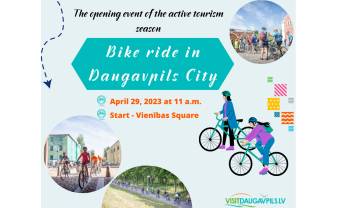
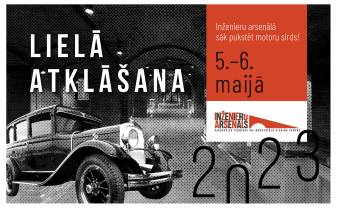
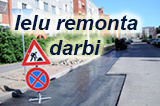

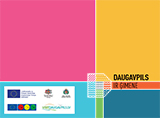
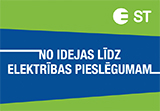


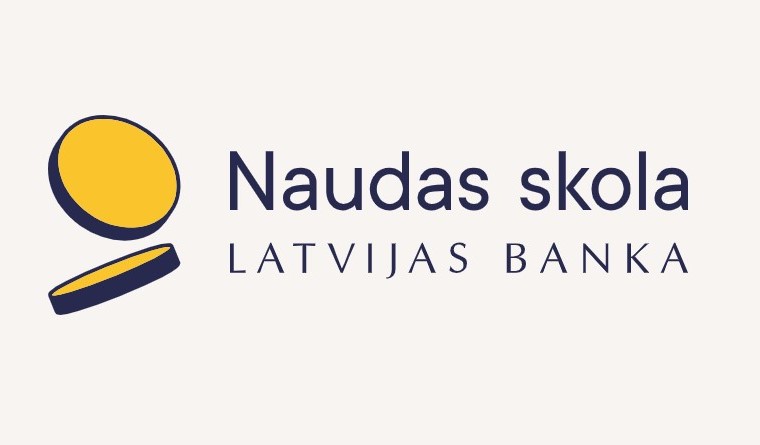
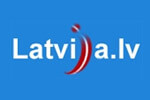

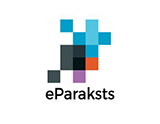
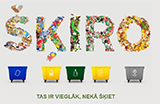
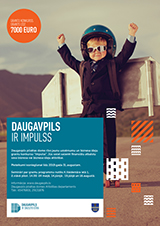

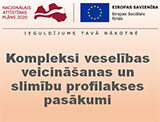
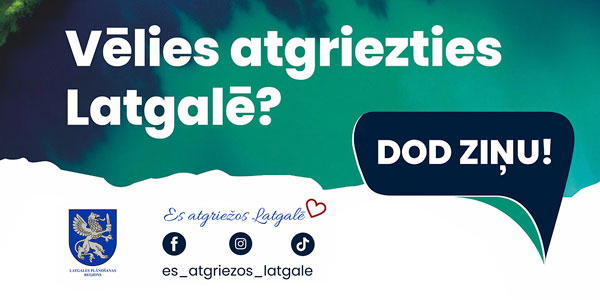
.jpg)



